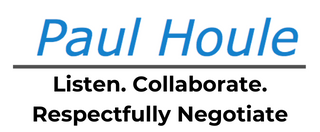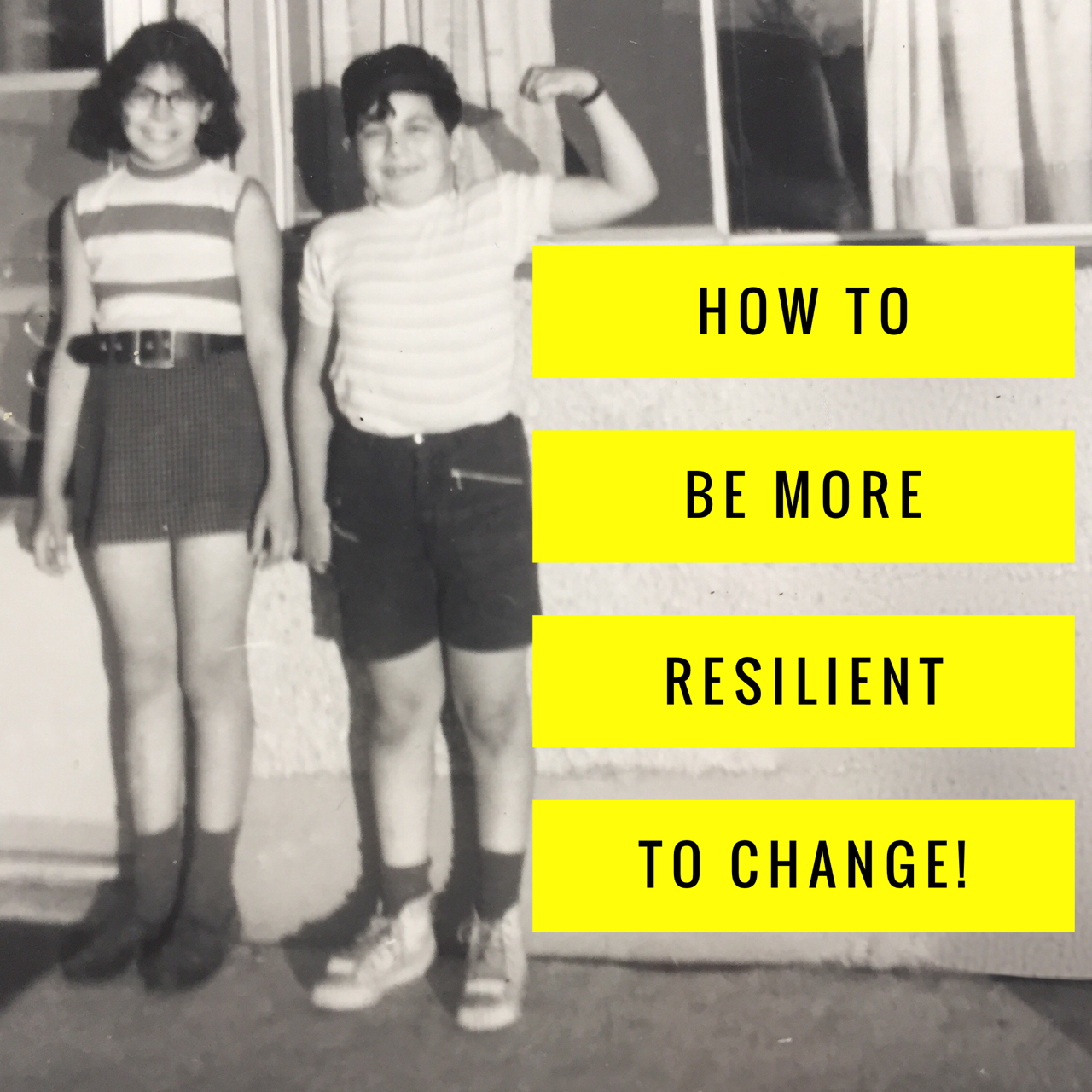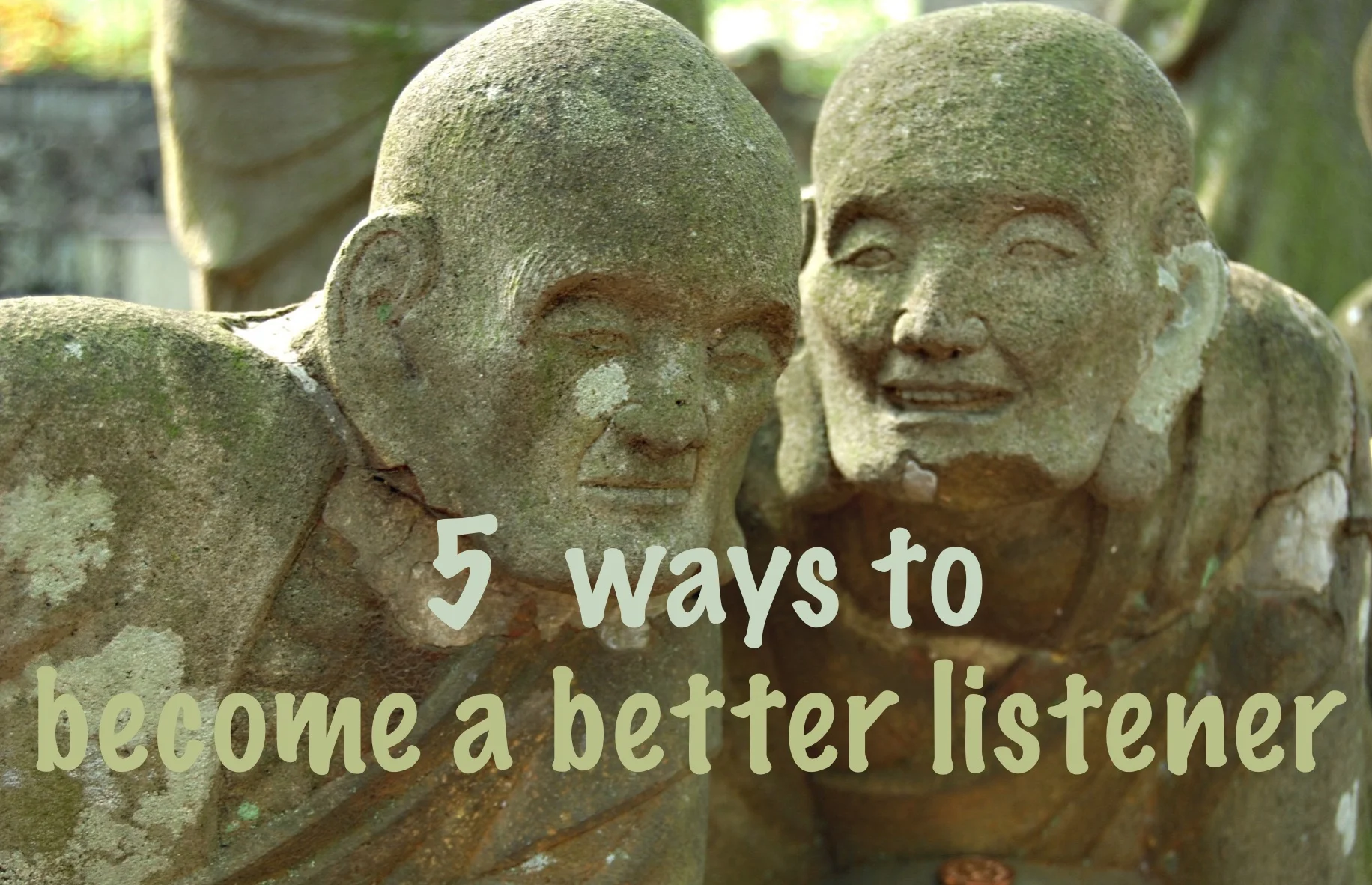How To Be a Pro at Your Office Holiday Party
The trouble with office parties is that they are a bit like a wolf in sheep’s clothing.
Looking at it from the outside, you see a group of people who, for the most part, are pretty familiar with each other, a group of people who may spend more time together than they do with their families.
Yet this familiarity can lead to a false sense of security.
It may lead people to believe they can really let their hair down like they would with a bunch of close friends on a trip to Vegas.
The Holiday office party is not the same as going to Vegas with friends.
It's an event where you have to be a pro and here's why...
Should you be hiding from your new boss?
Here’s an interesting statistic: According to a study done by PwC, CEO turnover at the 2500 largest companies in the world rose from 14.3 in 2014 to 16.6% in 2015 – a record high.
And it’s happened to all of us at some point. You’re just going about your business doing your job like you do every day and in comes a new boss.
You might not know this person or it might be someone who you knew was shortlisted but workplace conversation turns quickly to “hey, what do you know about the new boss?”
Very rarely does a new boss come in and continue the status quo. New bosses have new ideas and often want to make their mark.
For some this is a breath of fresh air; for others it causes fear and anxiety.
So how will you react? How will you deal with the change coming down the pipe?
A lot depends on what type of person you are, or more to the point, what type of person you choose to be.
How to stop competition from ruining collaboration.
Imagine going to a music concert and, during the performance, each instrument section (or individual player) tried to outshine the others.
It would be awful to watch and probably even worse to listen to. That’s because you expect this group of people to be working together to reach their outcome - not trying to outshine each other.
Yet this is what happens in many work places.
There is competition between departments and between people inside departments. Often, the dark side of competition also creeps in - withholding information, internal politics, and sabotaging other people’s efforts.
How can organizations make use of the spirit of competition but try to keep out the destructive parts? If only there was a way.
Ah, but there is.
How to be more resilient to change!
If you were like me, as a kid, you faced change head on and did so pretty often.
Every year, you’d get a new teacher, were put in a new class or sent to various lessons, played on new sports teams. In summer, you’d go to camps with new kids and group leaders.
I don’t know about you, but I don’t ever remember being asked, “Hey Paul, would you like to do this or that?” I just remember ending up in a lot of new situations. It just happened and I had to deal.
We may not have realized it but, as kids, change was around every corner and yes, sometimes it was scary. But you know what? We dealt and I don’t ever remember complaining about “change”.
We had resilience.
So now that we’re all grown up, where did our resilience go, and more importantly – how can we get it back?
When you work with people who drive you nuts.
You know who I’m talking about: they clip their nails at their desk, they air out their smelly feet right next to you, they lick the lid of their Tupperware container in a lunch meeting, they seem to know nothing about personal buffer zones.
Like me I am sure you have been to more than one dinner party where you’ve heard people complaining about a colleague who simply drives them nuts.
It’s a problem that comes back time and time again because people are people and gosh darn it we’re sensitive creatures… well except for “those guys”, right?
Sometimes, we can’t put our finger on why someone really irritates us. Sometimes, we could make a list a mile long.
Does our tendency to find some people around us very irritating make us bad people? No, it makes us very human. The question is, what we can do about it?
How I learned to lead by being at the back of the band
When I was kid, I never aspired to be the leader. I was quite happy to not to be the kid who got to choose all the players for the pick-up soccer game at recess.
I’m not sure why. Maybe I was shy, maybe it’s because I wore glasses that could have been props in Revenge of the Nerds, or I didn’t fit into my view of what I thought a leader should look like: muscular, square-jawed, cape, tights and a cool utility belt.
I never liked sitting in the front row or raising my hand first for something. I always liked to assess the situation before diving in. This strategy worked very well for me. Very well, that is, until I became a drummer.
Once I started, I was addicted to how great it felt - the power, the physicality - but what I didn’t expect from drumming is what it would teach me about leadership.












